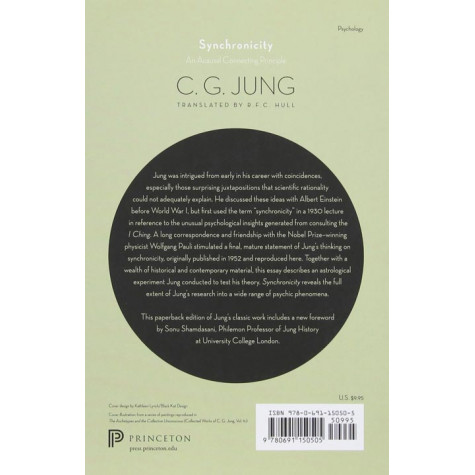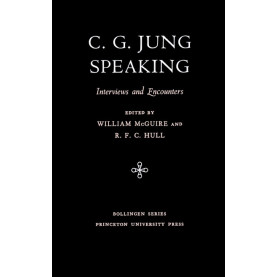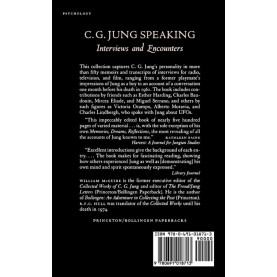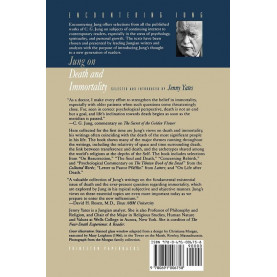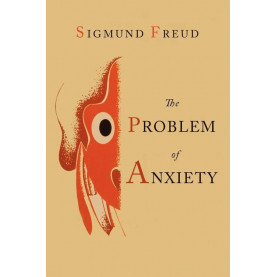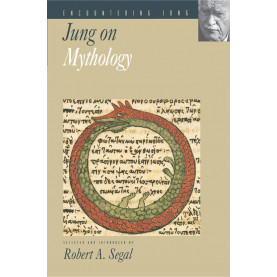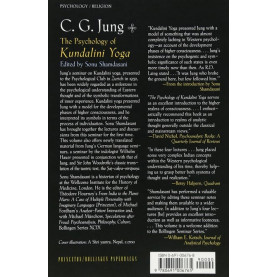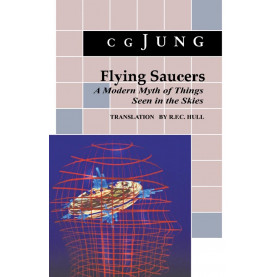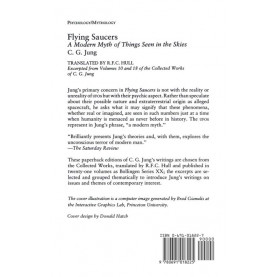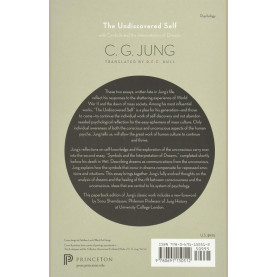Synchronicity: An Acausal Connecting Principle
- Author:
- Pages: 152
- Year: Nov 14, 2010
- Book Code: Paperback
- Availability: In Stock
- Publisher: Princeton University Press
-
₹850.00
Jung was intrigued from early in his career with coincidences, especially those surprising juxtapositions that scientific rationality could not adequately explain. He discussed these ideas with Albert Einstein before World War I, but first used the term “synchronicity” in a 1930 lecture, in reference to the unusual psychological insights generated from consulting the I Ching. A long correspondence and friendship with the Nobel Prize-winning physicist Wolfgang Pauli stimulated a final, mature statement of Jung’s thinking on synchronicity, originally published in 1952 and reproduced here. Together with a wealth of historical and contemporary material, this essay describes an astrological experiment Jung conducted to test his theory. Synchronicity reveals the full extent of Jung’s research into a wide range of psychic phenomena.
This paperback edition of Jung’s classic work includes a new foreword by Sonu Shamdasani, Philemon Professor of Jung History at University College London.
Awards and Recognition
Winner of the 2012 First Place Cover/Jacket in the Professional, Scholarly Series, New York Book Show
About the Author
Carl Gustav Jung (1875-1961) was a Swiss psychiatrist, an influential thinker and the founder of analytical psychology (also known as Jungian psychology). Jung's radical approach to psychology has been influential in the field of depth psychology and in counter-cultural movements across the globe. Jung is considered as the first modern psychologist to state that the human psyche is "by nature religious" and to explore it in depth. His many major works include "Analytic Psychology: Its Theory and Practice," "Man and His Symbols," "Memories, Dreams, Reflections," "The Collected Works of Carl G. Jung," and "The Red Book."
Translated by R. F.C. Hull
Tags: Synchronicity: An Acausal Connecting Principle, Carl Gustav Jung, 9780691150505, Princeton University Press

